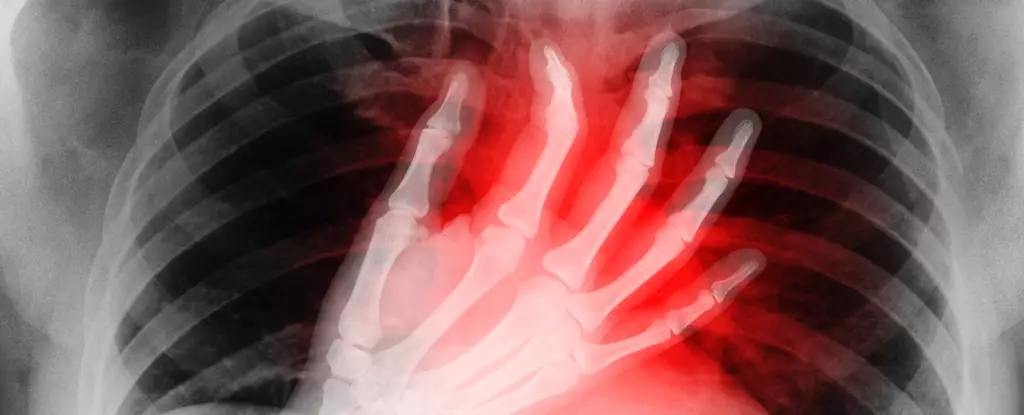The holiday season is notorious for its celebrations, in which friends, family, and colleagues come together to enjoy good food and drink. While these gatherings can bring joy and camaraderie, they are also associated with potential health pitfalls, particularly concerning alcohol consumption. One alarming phenomenon that emerges during this time is known as “holiday heart syndrome.” This article will delve into the causes, symptoms, and preventive measures related to this condition, emphasizing the importance of moderation and self-awareness during the festive season.
Holiday heart syndrome refers to an irregular heartbeat, commonly seen after episodes of binge drinking. This condition typically manifests in people who are otherwise healthy but find themselves overwhelmed by both the quantity of alcohol consumed and the stressors associated with holiday festivities. Symptoms may include heart palpitations, fluttering sensations in the chest, dizziness, and shortness of breath. In severe cases, individuals may experience syncope, a spontaneous loss of consciousness, which can prompt emergency visits.
The concept of holiday heart syndrome is not new; it has been recognized in the medical community for nearly five decades. First described in the 1970s, it highlights how seasonal drinking patterns can lead to serious heart complications in individuals without pre-existing heart conditions. However, it’s important to note that this syndrome is not limited to the holiday season. People who binge drink at any time of the year can also face similar risks.
The Medical Mechanics of Alcohol Consumption
Understanding how alcohol affects the body is crucial to comprehending holiday heart syndrome. When ingested, alcohol has a profound impact on the nervous system, leading to dehydration, electrolyte imbalances, and inflammation. These changes can disrupt the heart’s electrical system, resulting in arrhythmias or irregular heartbeats.
An irregular heartbeat can often go unnoticed, as many individuals may not experience overt symptoms. For some, it may only become apparent during medical consultations for other health issues. The diagnosis typically involves an electrocardiogram (ECG), which records the heart’s electrical signals, enabling healthcare professionals to track rhythm abnormalities. Furthermore, blood tests may assess electrolyte levels, clotting markers, and overall organ function, providing a comprehensive view of a patient’s health status.
Recognizing the Risk Factors
A myriad of factors can contribute to holiday heart syndrome. These include not just binge drinking but also overeating, dehydration from inadequate fluid intake, and increased stress levels during the holidays. Stress, in particular, plays a pivotal role; the merry season can sometimes transform into an anxious whirlwind of expectations and obligations, amplifying the risks of alcohol misuse.
The prevalence of this syndrome correlates strongly with increased alcohol consumption during holiday parties, where social pressures can lead to excessive drinking. Such environments can deceive individuals into thinking they can indulge without consequences, ultimately jeopardizing their heart health.
While the diagnosis of holiday heart may sound daunting, the good news is that many individuals can recover, especially when they take proactive measures. The best defense against this condition is to limit alcohol intake. Australian health guidelines suggest that both men and women should not exceed ten standard drinks per week and refrain from consuming more than four drinks on a single day.
Practicing hydration is also crucial; alternating alcoholic beverages with glasses of water can significantly alleviate the dehydrating effects of alcohol. By doing so, individuals can enjoy their celebrations while minimizing potential health risks.
Additionally, prioritizing a balanced diet, engaging in regular physical activity, and managing stress through mindfulness techniques are all effective strategies for supporting cardiovascular health. These lifestyle choices contribute positively to heart wellness, regardless of one’s drinking habits.
The Path Forward
Ultimately, holiday heart syndrome serves as a reminder of the latent perils associated with indulgence during the festive season. Recognizing one’s limits and understanding how alcohol affects the body can empower individuals to create safer, healthier celebrations. By adopting moderate drinking practices, staying hydrated, and maintaining a balanced lifestyle, one can safeguard against the risks of holiday heart while fully enjoying the spirit of the season. Thus, while the festive atmosphere is meant to bring joy and connection, mindful decisions will ensure that it does not come at the expense of our health.


Leave a Reply